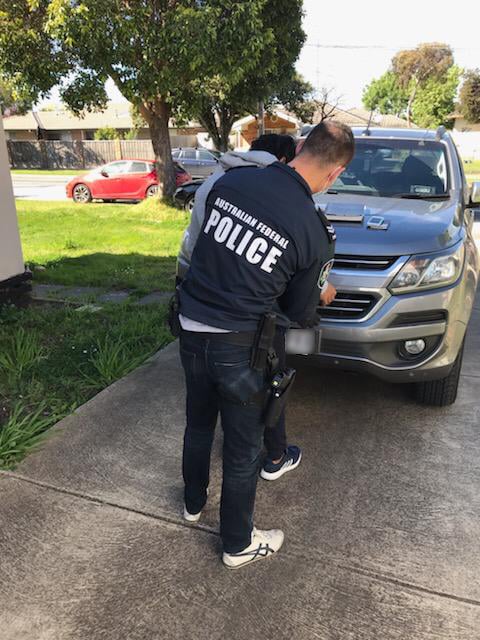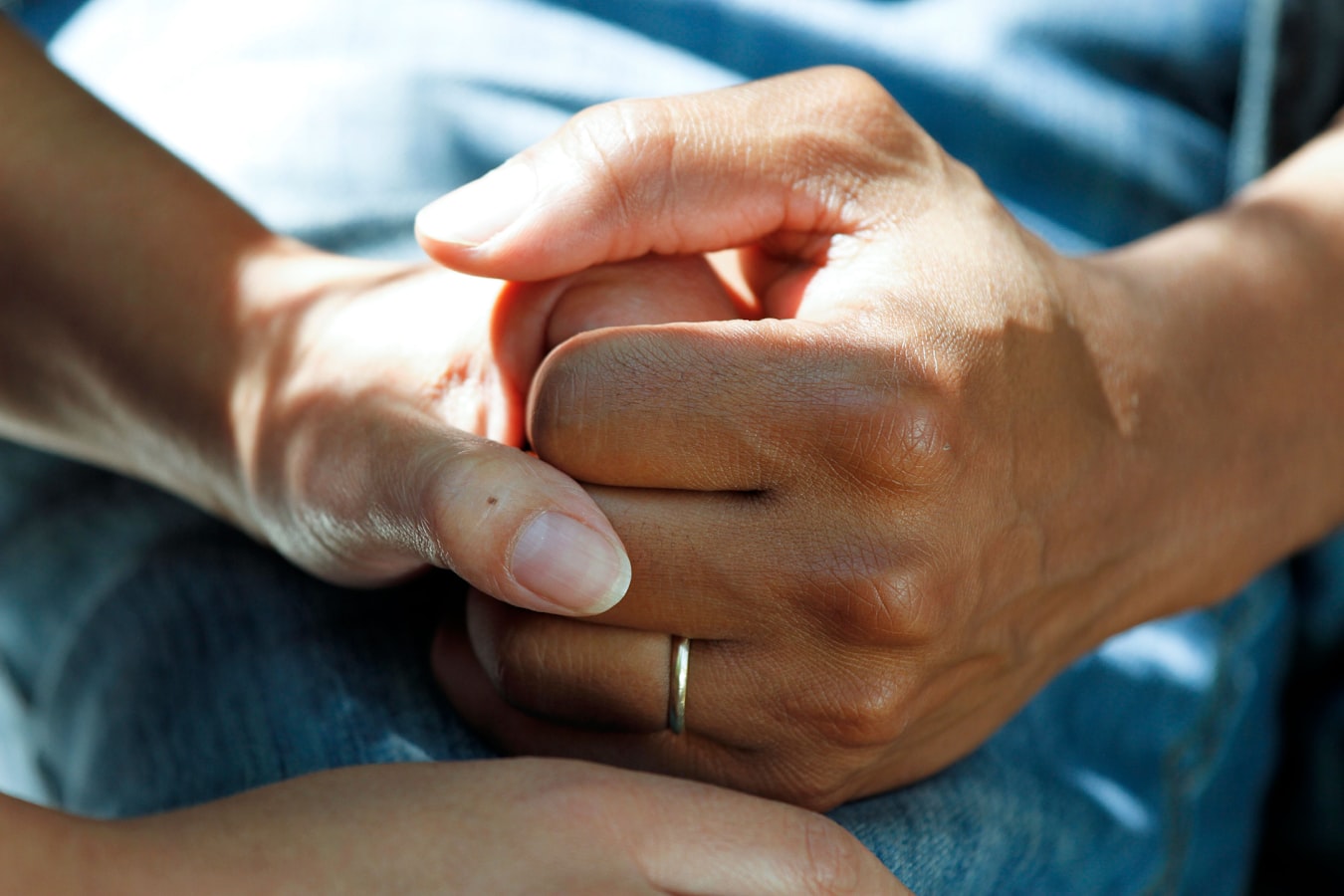
A 23-year-old Sri Lankan national residing in Melbourne has been charged with child abuse material offences, after allegedly coercing young girls into sending explicit images and videos of themselves then distributing the intimate content to their family and friends as a punishment for failing to send more.
The Australian Federal Police (AFP) began an investigation in April this year, after receiving tips from both the London Metropolitan Police (MET) and the Federal Bureau of Investigation (FBI) about young girls, aged between 12 and 14, allegedly receiving threatening messages seeking self-produced child exploitation material (CAM).
Investigators traced the messages to an address in the Melbourne suburb of Burwood and executed a search warrant in June 2020. Investigators seized a number of devices for further digital forensic examination.
Evidence from the seized devices allegedly show the man contacted two young girls, one in the UK and one in the US, using fake social media identities. After gaining their trust, both girls sent intimate content to the man. It is further alleged, he then used these images and videos to blackmail them for more content, under the threat of sharing the previously sent images with their friends and family.
When both children refused his demands, the man allegedly made contact with multiple friends and family members of both girls and shared the intimate images and videos.
The man allegedly sent dozens of messages to the girls in which he threatened to release more of the sexually explicit material and that he would “ruin their lives” if they failed to comply with his requests.
The AFP arrested the man yesterday at his new Doveton address (11 September 2020).
He faced Melbourne Magistrates Court yesterday, charged with:
- One count of possessing child abuse material using carriage service contrary to section S474.22A(1) of the Criminal Code Act 1995 (Cth);
- Two counts of causing child pornography material to be transmitted (to self) using a carriage service contrary to section S474.19(1)(a)(ii) of the Criminal Code Act 1995 (Cth);
- One count of causing child abuse material to be transmitted (to self) using a carriage service contrary to section S474.22(1)(a)(iv) of the Criminal Code Act 1995 (Cth);
- Two counts of soliciting child pornography material using a carriage service contrary to section S474.19(1)(a)(iv) of the Criminal Code Act 1995 (Cth);
- One count of soliciting child abuse material using a carriage service contrary to section S474.22(1)(a)(iv) of the Criminal Code Act 1995 (Cth);
- Nine counts of transmitting child abuse material using a carriage service contrary to section S474.22(1)(a)(iii) of the Criminal Code Act 1995 (Cth);
- One count of transmitting child pornography using a carriage service contrary to section S474.19(1)(a)(iii) of the Criminal Code Act 1995 (Cth).
If convicted, he is facing a maximum term of 15 years imprisonment.
AFP Detective Superintendent Jayne Crossling said police will do everything their power to ensure children are protected from predatory offending against their innocence.
“Child exploitation material can have a devastating, life-long impact on its victims,” Detective Superintendent Crossling said.
“In this case, not only are they victims of self-produced child exploitation material, but it has been doubly weaponised against them to facilitate so-called sextortion.
“Sextortion is a form of blackmail where someone threatens to share intimate images of you online unless you give in to their demands.
“These demands are typically for money, more intimate images, sexual favours, or in an effort to control or humiliate a victim.”
D/ Superintendent Crossling said authorities encourage anyone who falls victim to image-based abuse to report the matter to the site or application where it is appearing and to the authorities.
“We also encourage people to seek help from a trusted relative or friend or professional support service – it can be a complex situation, but nothing is so bad that you cannot tell someone,” said D/ Superintendent Crossling,
If you are the victim of image-based abuse, consider the following course of action:
- do not send any more personal images or videos
- get support from a trusted friend or family member, or professional support services
- collect as much evidence as you can, including screenshots, URLs or any other records
- block the persons number/profile/email address (do this after collecting evidence)
- giving in to requests is not encouraged, once you have complied with their demands there is nothing preventing them from targeting you again
- report the matter to police
- If you are worried about your physical safety, call Triple Zero (000) or contact your local police station.
If content has been posted online, report the site where content is hosted to the eSafety Commissioner (esafety.gov.au).
//






